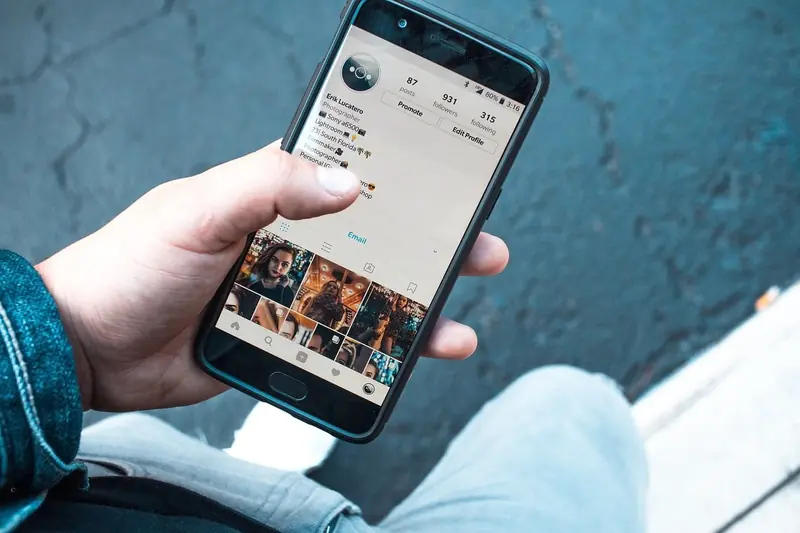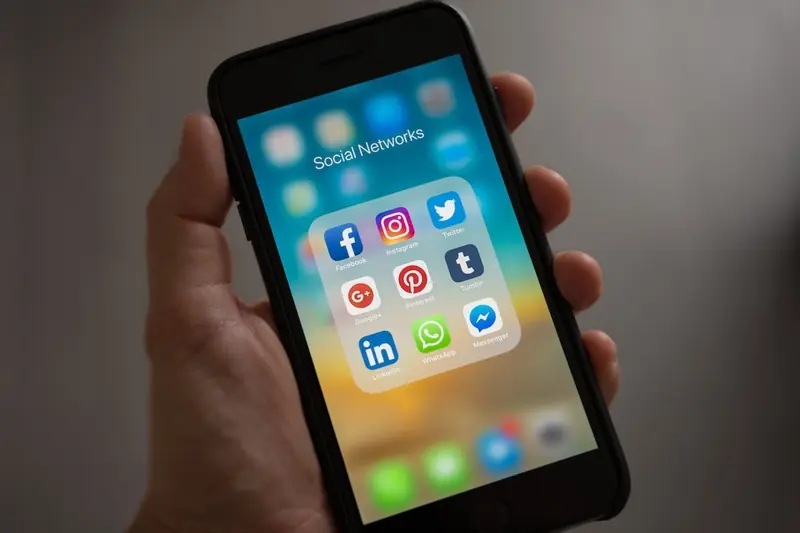
In 2021, a Swedish study linked excessive social media use to other forms of addiction and mental health disorders. Currently, researchers assert that those addicted to social media should be offered therapy to bolster their mental health.
Therapy is Better Than Limiting Social Media Use
British researchers examined 2,700 experimental studies from around the globe and explored potential interventions for those concerned about social media. They believe that healthcare providers should offer therapy to patients with depression to help them overcome “problematic” social media use and improve their mental well-being.
The researchers found that individuals who limited their social media use experienced a noticeable improvement in levels of depression, anxiety, and loneliness. However, interventions based on cognitive-behavioral therapy proved to be even more effective than completely abstaining from social media.
“Problematic” use refers to instances where a person’s preoccupation with social media distracts them from their primary responsibilities and leads to neglect in other areas of their life. Previous studies have shown that social media use can become problematic when it starts interfering with a person’s daily life and results in poor mental health, including depression, anxiety, stress, and loneliness.

The researchers analyzed over 2,700 experimental studies conducted worldwide from 2004 to 2022. They then assessed the impact of social media use on the mental health of adults.
As reported by the Daily Mail, around 23 studies were analyzed for the report. Of these, 39% found that interventions related to social media contributed to improved mental health. Notably, therapy-based interventions were the most effective.
They improved mental health in 83% of the studies compared to abstaining from social media (25%) or limiting app usage (20%). Depression was the most studied condition, with 70% of studies showing improved outcomes following intervention.
Social Media Addiction Requires Professional Intervention
Lead author Ruth Plackett noted that mental health issues are on the rise, as is the number of people using social media. She also added that healthcare professionals should understand that reducing time spent on communication apps is unlikely to benefit mental well-being. Instead, therapy and reflection on why people use social media in the first place are more effective approaches, as they can help identify better behaviors and improve mental health.
Another study author, Dr. Patricia Schartau, emphasized the need for active research into social media use and its impact on the mental state of patients experiencing anxiety and/or low mood. This way, they can benefit from treatment, including some of the more effective interventions.

The researchers acknowledged that further experimental studies are now needed to determine who might benefit most from social media interventions. There is hope that the findings will help develop guidelines and recommendations for policymakers and clinicians on how to best manage problematic social media use.
Earlier this year, in June, American researchers found that young people who reduced their social media use to 30 minutes a day experienced fewer mental health issues. They reported significant improvements in levels of depression, loneliness, and anxiety. Additionally, they more frequently expressed feelings of pride.
